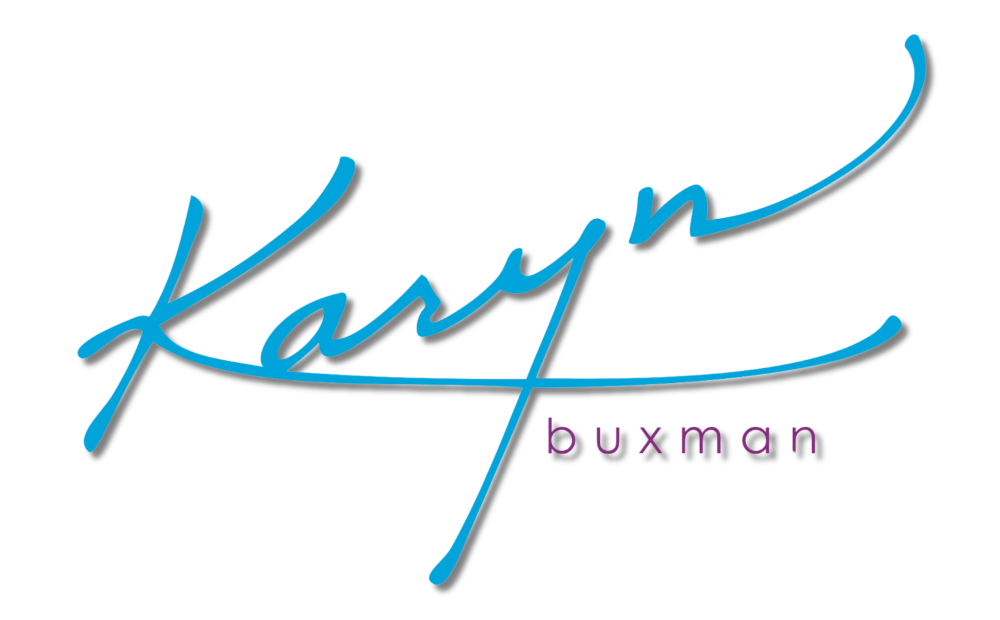Defusing Difficult Conversations

It was 1984, and the second presidential debate between Walter Mondale and Ronald Reagan was underway. After the first debate, critics observed that Reagan looked tired, and they wondered if he might be too old for the job. Understanding how this precarious issue could affect the outcome of the debate—and the election—Reagan’s team went to work and prepared his response.
Sure enough, shortly after the debate commenced, a reporter asked Reagan, “Given the fact that you are already the oldest president in U.S. history, would you be able to function should a crisis arise?”
Reagan assured the reporter that he’d be perfectly capable of dealing with any situation at hand—and then he quipped—"I will not make age an issue of this campaign. I am not going to exploit for political purposes my opponent's youth and inexperience."
When the laughter died down, so did the question of Reagan’s age. And he was elected president for a second term.
When you’re engaged in a difficult conversation, people often pose what author Malcolm Kushner calls a “Hostile Question.” The purpose of their question isn’t really to gain information, but to challenge you, embarrass you, make you express frustration, and put you in a negative light. You might hear questions like, “Who do you think you are?!” or “Whose budget is this coming out of?!”
You have numerous ways to approach the situation. You can be serious. You can debate. You can take the situation elsewhere. You can walk away. You can BS your way out. Or you can defuse the situation with humor. All of these approaches can succeed, but determining the right choice at the right time requires some discernment on your part.
Used strategically, humor can alter the hierarchy, placing you in a more powerful position. It is a sign of confidence and a way of taking charge. The goal is not to get the other person laughing so hard that you can escape unnoticed but to defuse tension, establish more control, and then guide the conversation in the direction that you want.
For leaders, humor can make people more receptive to your messages, build good relationships with employees, and build a more positive and productive corporate culture. For salespeople, humor can break the ice, ease tension, enhance communications, differentiate you from your competitors, and make you more memorable.
Set yourself apart by being strategic with your humor. Think back to a time when you were faced with hostile questions, particularly ones you might face again. Write down as many of these questions as you can think of. Then select one and begin creating a list of humorous responses. Come up with half a dozen or more. I can tell you from experience that the first few will probably be the funniest—but also the most perilous. (The purpose here is to defuse the bomb, not light the fuse!)
For leaders, your goal is not to get into a power struggle but to reach a resolution. If you practice, you’ll find a response that will placate the situation and allow you to move the conversation in a more productive direction.
For salespeople, your goal is not to be a wise-ass but to lessen tension and lighten the mood. Humor is power. Use it wisely.

